“We can kill Daesh,” Iraqi Prime Minister Haider al-Abadi told the press yesterday, but they need a lot more help than they have received so far if that is to happen. Abadi expressed gratitude to the US for the assistance we have already given on his first visit to Washington DC as PM, but it falls far short of what’s needed to push ISIS out of the territory it has already claimed in Iraq. Abadi’s mission this week is to get more airstrikes and more armament to outfit the struggling Iraqis — but not ground troops:
Seven months after al-Abadi’s election raised hope in Washington for Iraq’s future, he’s making his first visit to the Oval Office. Al-Abadi told reporters Monday that the increase in U.S. airstrikes, weapons deliveries and training has helped roll back Islamic State forces, but he needs greater support from the international coalition to “finish” them. “We want to see more,” he said.
The White House signaled that more aid could be coming. Last week, Vice President Joe Biden touted momentum in the fight against the Islamic State, and White House press secretary Josh Earnest said Monday, “If there are specific ideas that Prime Minister Abadi has for stepped-up assistance, then we’ll obviously consider them seriously.”
The Obama administration seems to think that Americans have had enough of Iraq, though:
Jon Alterman, director of the Middle East program at the Center for Strategic and International Studies, said Biden was trying to make the case that it’s worth investing more at a time when many Americans feel their country has done enough.
“There’s a military campaign that the U.S. is helping wage, but it has more internal problems than I think people on either side are willing to admit,” Alterman said. “The reality is what we are trying to do is very difficult, very complicated and many people question how unified we are with the Iraqi government on what we are trying to do.”
That’s a curious take. Polling on this issue shows a broad consensus that the US has to contribute to the fight against ISIS, and a majority even would support ground troops to fight the Islamist army. Iraq doesn’t want that, or at least not Abadi, who has to maintain relations with Iran and the majority Shi’ites in the south. The Kurds might not mind so much, but for now they’re negotiating through Abadi.
Speaking of the Kurds, Michael Totten notes the stunning success they’ve had against ISIS. The Peshmerga have fought so effectively that ISIS has raised the prospect of a cease-fire with Kurdish forces, but given the risk, the Kurds are not likely to agree. Totten wonders why the US has not worked more directly with their natural allies in the region in order to push back more powerfully against ISIS:
But ISIS is learning, and its commanders are asking the Peshmerga for a ceasefire. The Kurds, though, are even less likely to negotiate with who the Kirkuk chief of police calls “blind snakes” than Americans are. We have two continents and an ocean between ourselves and ISIS, but a hardy person could walk from Mosul to the Kurdish autonomous region in a less than a day, and that border is as potentially porous as the Mexican-American border.
Iraq’s central government and the Kurdistan Regional Government are planning operations to reclaim Mosul from ISIS later this year, but Baghdad is loathe to give the Kurds much help in the meantime. Kurdistan is still at least technically part of Iraq, and its officials have to ask the central government for money and weapons. At times Baghdad grudgingly says yes and other times it says no. Everyone knows the Kurds want their own state, and the central government doesn’t want them to grow so strong that they can finally tell the rest of Iraq to sod off and damn the consequences.
So they need help from outside, but they aren’t getting much. Bayan Rahman, the Kurdistan Regional Government’s representative to the US, says most of the promised American weapons shipments still haven’t arrived.
Washington is so afraid of cheesing off Baghdad and Turkey, which are both hostile to Kurdish independence, that it’s still willing to largely blow off its only genuine and competent allies in that part of the Middle East. The Kurds are by far the most pro-American people over there, more so even than the Israelis, and the only reason they aren’t yet powerful enough to be reckoned with internationally is because they haven’t achieved full independence. They are still, after all these years, the world’s largest stateless people and treated as second-class allies in favor of Turkey, which has been obnoxiously unhelpful in the Middle East for more than a decade, and Iraq, which a de-facto Iranian client state.
France 24 also picks up on Abadi’s mission, but questions the priorities in his strategy:
Freeing Anbar is going to be tough, although certainly necessary. Why not go after Mosul first, link up with the Peshmerga, and move south toward Anbar in strength to cut off ISIS from its base in Raqqa instead? One has to suspect that Baghdad might be okay with keeping the Kurds pinned down along with ISIS on the northern front while it deals with ISIS and the Sunni tribes together in the west. Maybe someone in the White House can ask about that, along with our ability to assist in the eventual strategy that gets adopted.

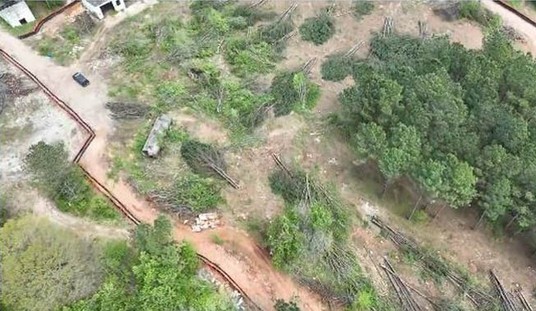
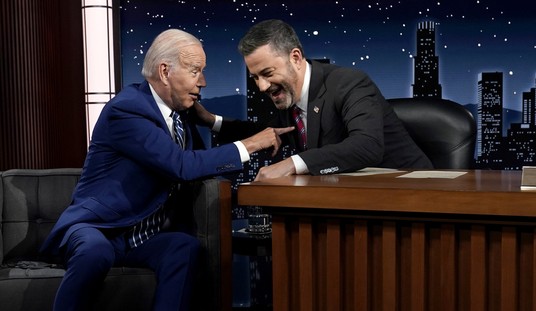
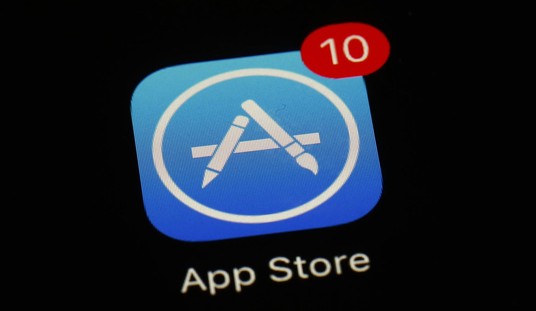

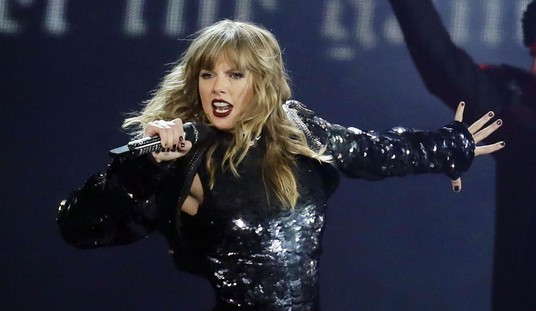
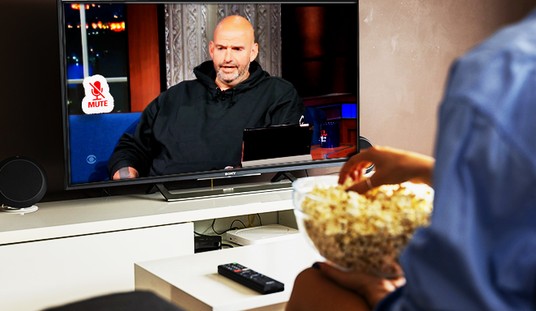

Join the conversation as a VIP Member